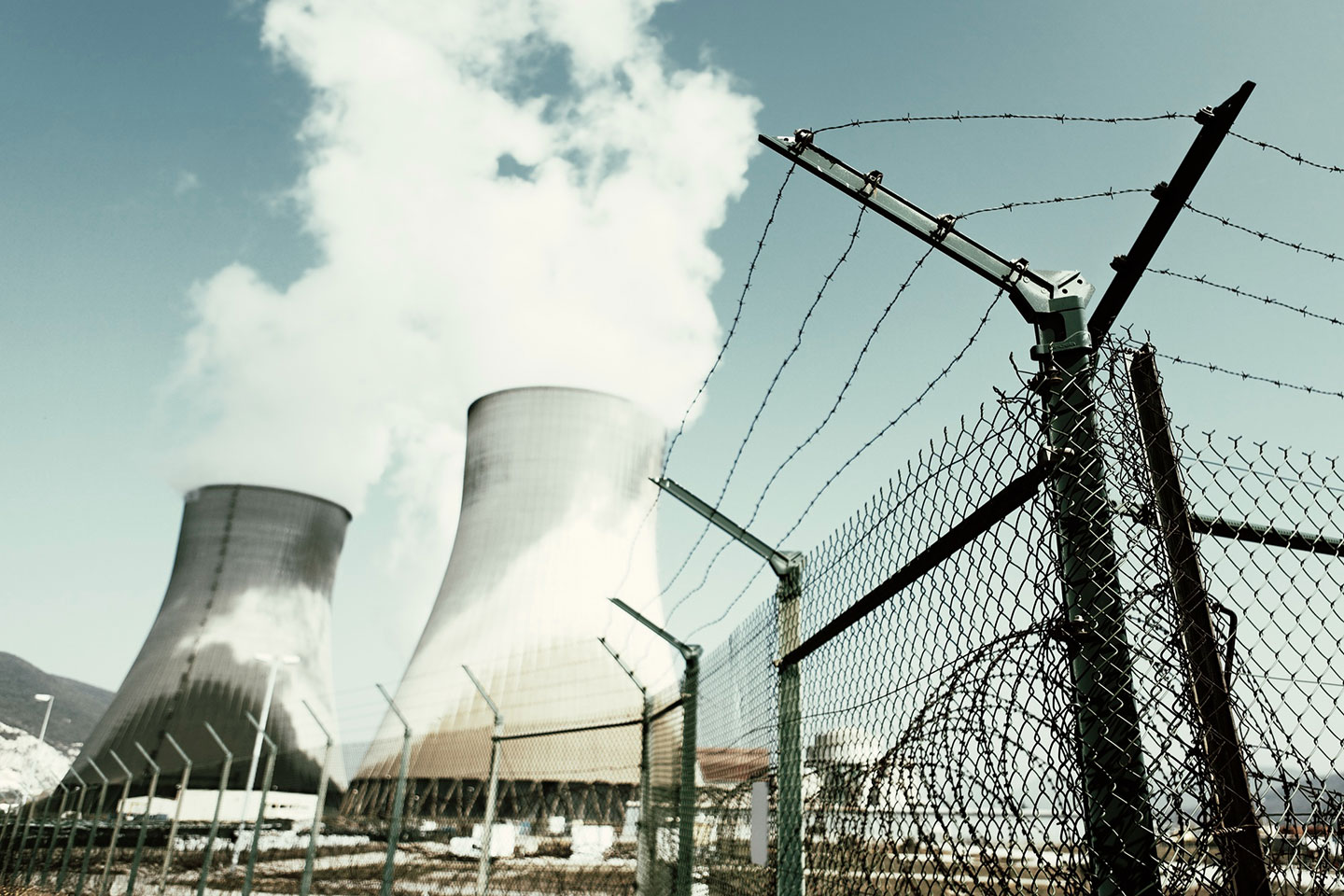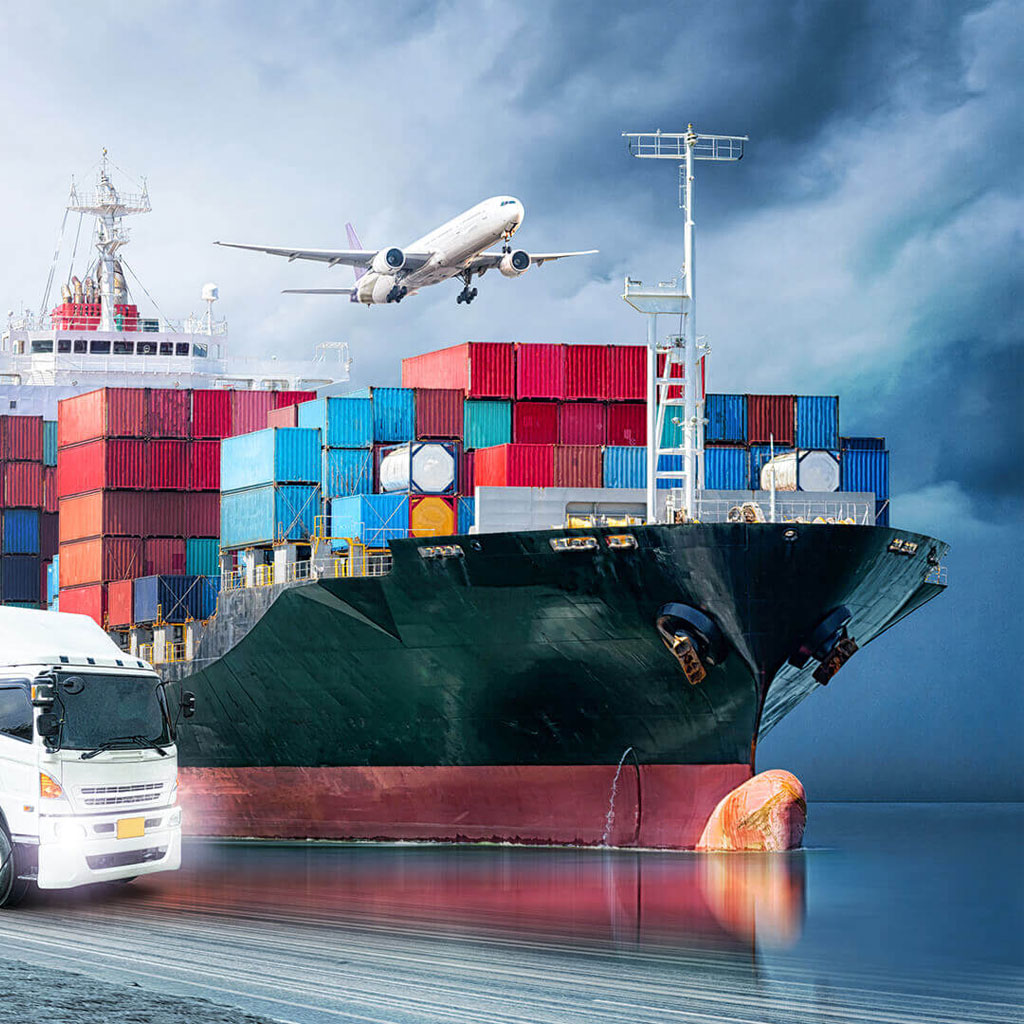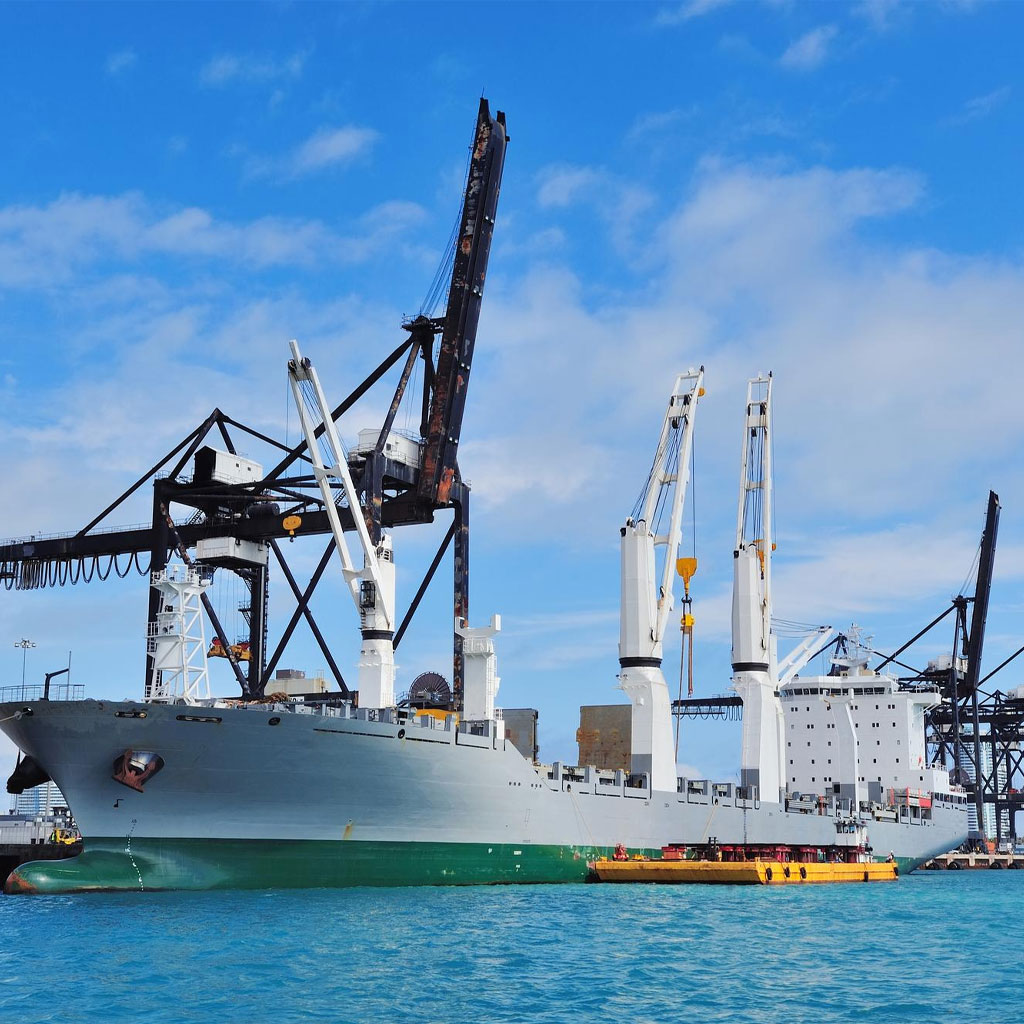
The Impact of the Energy Crisis on the Cost of Goods in International Markets
The Impact of the Energy Crisis on the Cost of Goods in International Markets
Introduction
The energy crisis has become one of the most important challenges of the modern economy. Energy is the backbone of global production, trade, and transportation, and any disruption in its supply chain can directly affect the price of goods in international markets. The rise in energy prices not only increases production costs but also impacts the cost of logistics and transportation.
In today’s interconnected world, fluctuations in energy resources such as oil, natural gas, and electricity can have widespread consequences. The study of the effects of the energy crisis on the cost of goods helps companies, governments, and traders find more accurate strategies for managing their supply chains and adapting to global economic conditions.
Definition of the Energy Crisis
The energy crisis refers to a situation in which the demand for energy resources exceeds supply, leading to price increases, shortages, or instability in energy markets.
The main types of energy crises include:
-
Oil crisis – Fluctuations in global oil supply and demand
-
Natural gas crisis – Instability in the supply of gas resources
-
Electricity crisis – Shortages in power generation and distribution
-
Geopolitical crisis – Impact of wars, sanctions, and political tensions on energy supply
A Brief History of Energy Crises
Energy crises have occurred multiple times throughout history. For example, the oil crisis of the 1970s significantly affected global markets. More recently, tensions between Russia and Europe have highlighted the vulnerability of energy markets to political and economic disputes.
These crises have caused dramatic fluctuations in the cost of goods, as transportation and production costs surged in many countries.
The Effect of the Energy Crisis on the Cost of Goods
The energy crisis impacts the cost of goods in several ways:
1. Increase in production costs
When energy prices rise, the cost of production in factories and industries also increases. This rise directly reflects in the price of consumer goods.
2. Increase in transportation and logistics costs
Transportation relies heavily on energy resources such as oil and gas. An increase in their prices directly leads to higher shipping and logistics expenses.
3. Supply chain disruptions
Energy shortages or high costs can lead to delays in supply chains, which in turn raises the final price of goods in global markets.
Case Studies
The Oil Crisis of the 1970s
The oil crisis of 1973, when OPEC reduced oil supply, caused global energy prices to rise significantly. This crisis had a direct impact on the cost of goods and caused widespread inflation.
The Russia-Europe Energy Crisis
The sanctions imposed on Russia and the restriction of gas exports to Europe created one of the most serious energy crises in recent decades. As a result, European markets faced rising costs of goods and energy shortages.
Impact on International Transportation Companies
Transportation companies are among the sectors most directly affected by the energy crisis. Rising fuel costs, increased insurance expenses, and the need to change supply routes have put significant pressure on these companies.
Strategies to Mitigate the Energy Crisis
-
Investment in renewable energy – Using solar, wind, and hydropower
-
Energy efficiency improvement – Optimizing production and transportation processes
-
Regional cooperation – Strengthening energy trade between neighboring countries
-
Diversification of energy resources – Reducing dependence on fossil fuels
The Future of Goods Pricing in the Energy Crisis
With the continuation of geopolitical tensions and increased global energy demand, the energy crisis is expected to remain one of the determining factors in the cost of goods. Countries and companies that can adapt to new energy realities will have a better chance of success in global markets.
Conclusion
The energy crisis can have profound effects on the cost of goods in international markets. Understanding these effects and adopting proper strategies can help businesses and governments reduce risks and better adapt to global changes.
FAQ
What is the energy crisis?
The energy crisis refers to a situation where the demand for energy exceeds supply, leading to higher prices and shortages.
How does the energy crisis affect the cost of goods?
It increases production, transportation, and logistics costs, which directly impacts the final price of goods.
Can the energy crisis be mitigated?
Yes, through renewable energy development, efficiency improvements, and diversification of energy sources.



